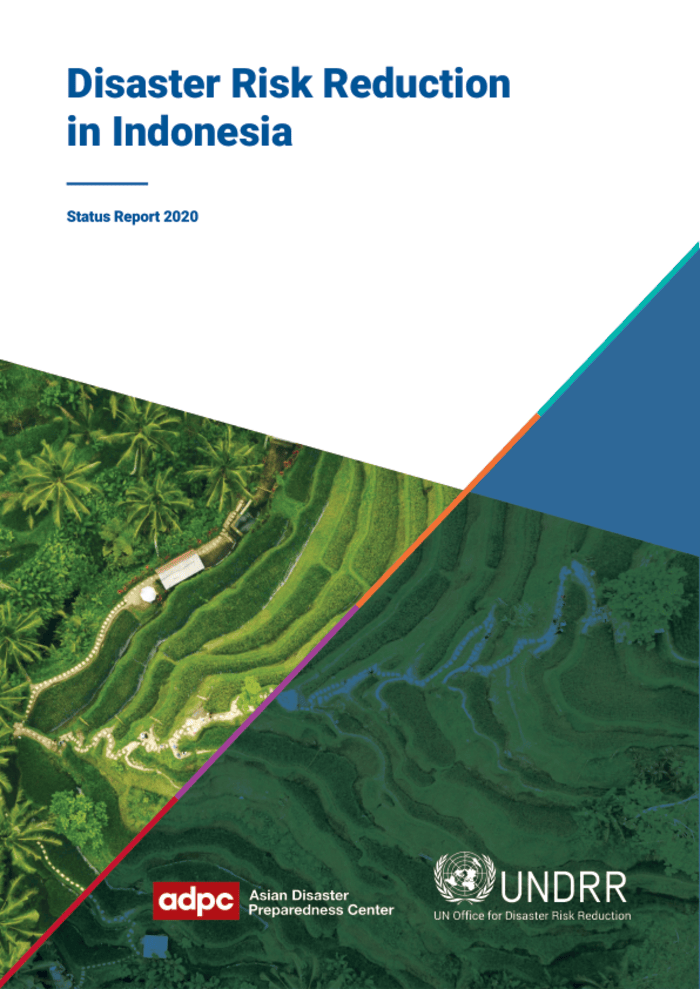Indonesia’s Response to COVID-19 and Disaster Risk Reduction
Indonesia reported its first confirmed COVID-19 case on March 2, 2020. The government adopted various containment measures, including temporary bans on domestic and international air and sea travel, screening at ports of entry, school closures, and other restrictions on public events. In June, Indonesia began easing some containment measures.
The city of Jakarta started a transitional phase from large-scale social restrictions on June 5th and further eased restrictions on malls (on June 15) and parks and recreation areas (on June 20). However, the city of Jakarta has extended the transitional phase from largescale social restrictions through September 10 in the absence of a sustained decline in daily new virus cases. On September 9, Jakarta’s governor announced that large-scale social restrictions would be tightened further to contain the spread of the virus.
Indonesia’s growth improved in the third quarter of 2020 to -3.5 percent year to year against the -5.3 percent in the second quarter of 2020, mostly driven by recovery in domestic demand.
The Ministry of Finance, headed by former World Bank’s managing director, Sri Mulyani Indrawati has made four major decisions namely tax-incentives policy, labour protection, rescheduling of loan repayment from small and medium enterprises (SMEs) and reallocation of fiscal policy at local government levels. The national economic recovery program has been continuously refined and currently stands at IDR 695.2 trillion.
The President of Indonesia established Task Force for COVID-19 (Gugus Tugas Percepatan Penanganan COVID-19) with the Head of National Disaster Management Agency (BNPB) as the commander. The task force key focus was to assist medical force to mitigate the impact and reduce the loss of life. A number of presidential decrees, rules and regulation were issues to guide the national and local responses. One of the most important legal instruments is the President’s Directives 4/2020 (Instruksi Presiden Nomor 4/2020) specifically instructing for refocusing of development activities, reallocation of government budget, and procurement of goods and services for rapid and accelerated response to COVID-19. The President Directive has major points ensuring food security, strengthening health sector through basic health services and national insurance scheme (BPJS) for COVID-19 patients, strengthening local governments and local economy among others.
BNPB played a key role despite the fact that managing an epidemic is not their natural mandate by collaborating with Ministry of Health to disseminate the information of Covid-19 through different media platforms including SMS blasts; established a rapid response team; provide logistics, materials, and health facilities; conduct surveillance for new potential cases of Covid-19; And collaborate with the Indonesia National Armed Forces, Indonesia National Police, and Ministry of Health. BNPB is equipped with approximately 176 officials who will join the existing team of Pusat Pengendalian Operasi Penanganan Bencana/the Center for Disaster Management Operation.

